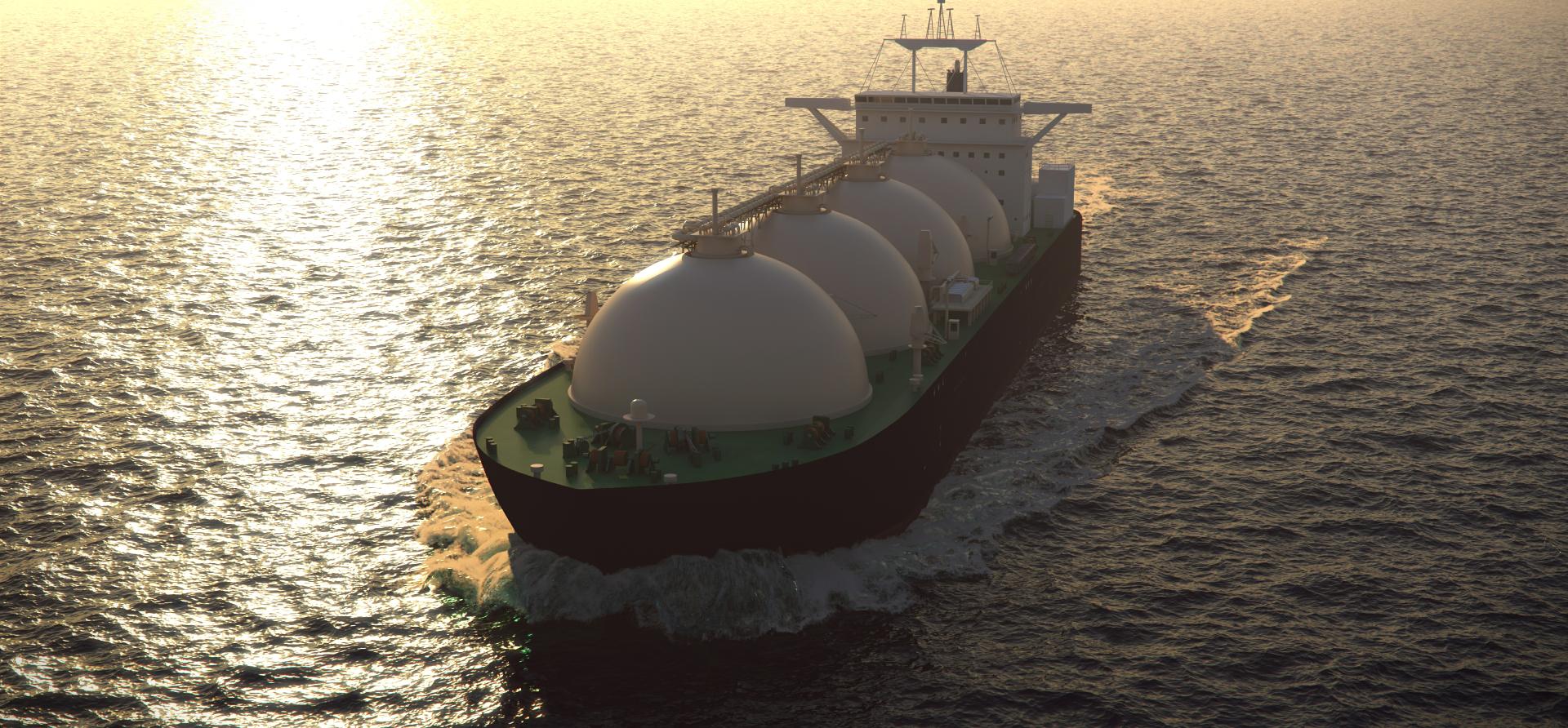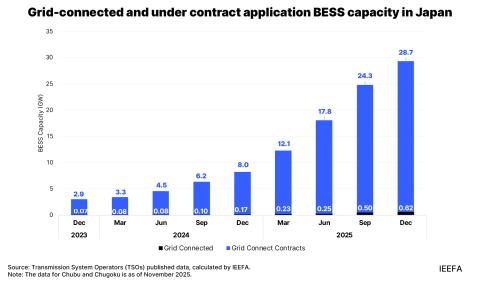Abu Dhabi’s takeover bid for Santos raises Australian national interest concerns

Key Findings
Although Santos has endorsed a takeover bid from the state-owned Abu Dhabi National Oil Company, there are significant questions regarding the implications for Australian national interests.
The acquisition would increase foreign ownership of Australian energy assets and infrastructure and may result in a greater prioritisation of LNG exports, raising concerns over energy security, particularly in eastern states.
Government, regulators and shareholders have options available to ensure that any deal includes conditions that underwrite domestic energy security.
This analysis is for information and educational purposes only and is not intended to be read as investment advice. Please click here to read IEEFA Australia’s full disclaimer.
Energy security has been highly topical in the past few years as the impacts of high gas and coal prices have been felt by Australian households and industry. One notable commenter has been the gas industry group Australian Energy Producers, which has flagged the need for increased gas supply to ensure domestic energy security.
Despite this, however, executives from Australia’s second largest gas producer Santos will be arguing that the government and regulators should allow it to be sold to Abu Dhabi National Oil Company (ADNOC) – fully owned by the Abu Dhabi government. The proposed purchase of Santos for AU$36.4 billion (US$23.78 billion) in cash has already received the Board’s endorsement pending the outcome of due diligence.
The XRG consortium, led by ADNOC, has stated it wants to increase its presence in the liquefied natural gas (LNG) sector. This aim would be furthered by acquiring Santos’s equity LNG interests of about 4.83 million tonnes of LNG a year through its three LNG projects: Darwin, Gladstone, and PNG LNG in Papua New Guinea.
However, the acquisition would further increase foreign ownership of Australian energy assets and infrastructure, begging the question whether this deal is in the national interest. While the transaction may benefit both businesses, the likely focus on LNG markets by ADNOC may put it at odds with Australia’s energy security and economic interests.
Santos is a key gas supplier to Australian households and businesses. It is also a significant exporter of Australian gas through its LNG terminals at Gladstone and Darwin, where it plans to resume shipments later this year with the start-up of the Barossa gas field.
There exists a tension in Australia between domestic supplies and LNG exports, with Australia’s high level of exports increasingly contributing to challenging domestic gas market conditions. This is most acute in eastern Australia, where shortages are forecast from 2029. Since LNG exports from Queensland first commenced in January 2015, gas demand has materially fallen, while domestic gas prices have tripled. Although Western Australia’s gas reservation has shielded it from the worst impacts of the global energy crisis, market conditions are also worsening on the west coast.
Eastern Australia has material gas reserves, but these are not being developed in a sufficiently timely manner to avoid tight market conditions. This may reflect gas producers’ preferences to export LNG – more than 70% of eastern Australia’s gas output is exported, and two of the three LNG projects have seen high utilisation over the past decade. It likely also reflects the very high degree of concentration in the east coast gas market – reporting from the Australian Competition and Consumer Commission (ACCC) shows that more than 90% of eastern Australia’s commercial gas reserves are controlled by the three LNG consortiums in Queensland, one of which is led by Santos.
IEEFA has previously shown that redirecting gas destined for spot LNG sales (i.e. sales beyond those required to meet long-term contractual commitments) could alleviate the forecast gas shortages. If sufficient gas from Queensland was made available to the domestic market, and planned capacity expansions of key pipelines are undertaken, this would push the expected shortages back to 2032. In addition to addressing immediate supply concerns, this would provide more time to seek alternative measures to avoid future shortages, such as electrification or development of additional pipeline infrastructure.
However, the ability of eastern Australia to navigate shortages will likely require additional gas from Queensland, and if ADNOC’s focus is primarily on LNG markets, it will likely seek to export as much gas as possible, potentially exacerbating domestic supply concerns.
The Australian government has options available to either halt the Santos deal or impose conditions on it to ensure domestic energy security in Australia is prioritised. The use of such measures is not new, with Australia having a history of blocking energy transactions. Former treasurer Peter Costello halted Shell’s takeover of Woodside in 2001 on the grounds of national interest. In 2016, another former treasurer Scott Morrison blocked the planned sale by the New South Wales (NSW) state government of electricity network Ausgrid to foreign buyers.
The Foreign Investment Review Board (FIRB) and the ACCC will need to carefully consider the implications of the proposed transaction for Australia’s energy security and broader interests, particularly given Santos has historically purchased gas from other east coast producers for export.
Shareholders also have options. AustralianSuper and other fund managers voted against the AU$18.7 billion (US$12.5 billion) takeover bid of Australian gas producer and utility Origin Energy led by Canadian infrastructure investor Brookfield. AustralianSuper argued that it was a long-term investor and that Origin was better off under the existing ownership. Investors could make a similar argument for Santos.














